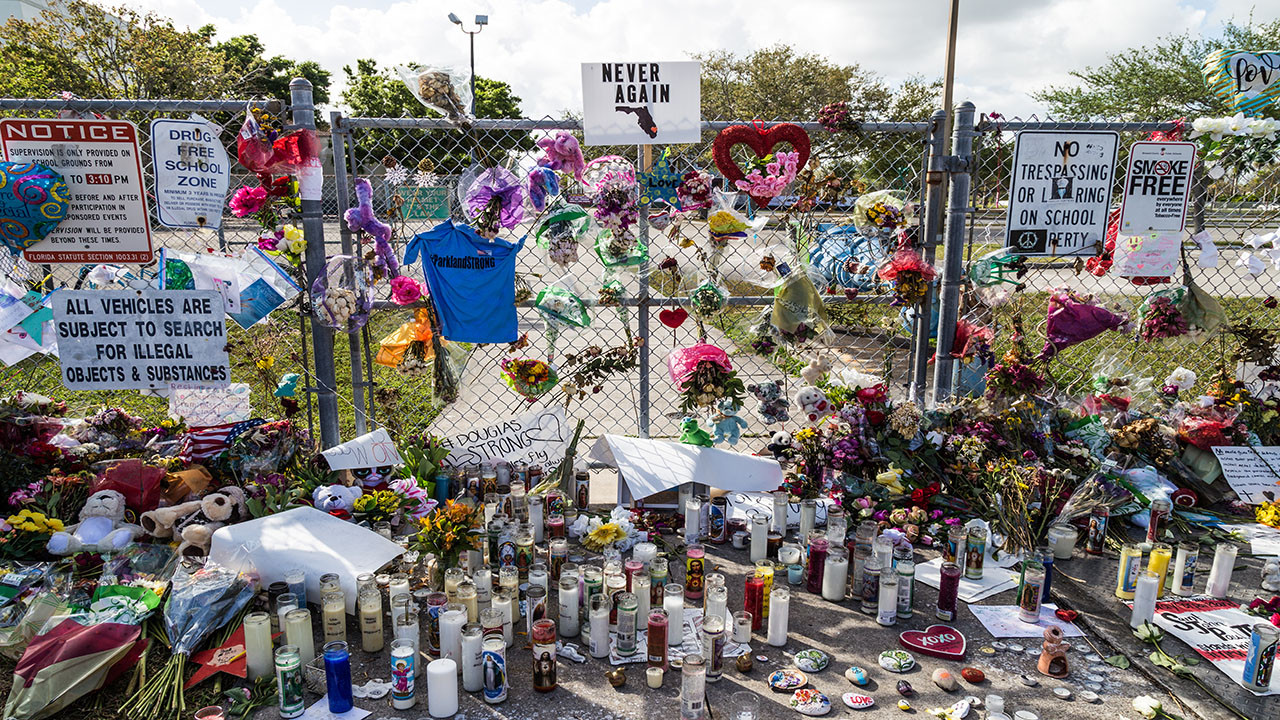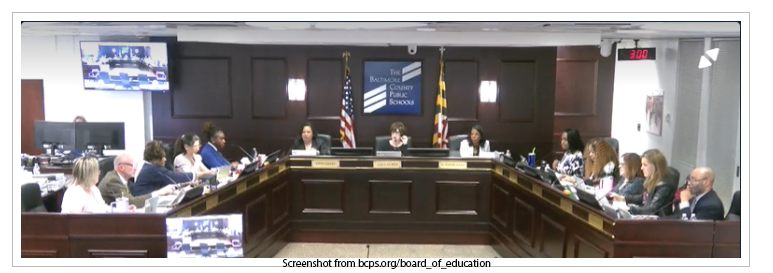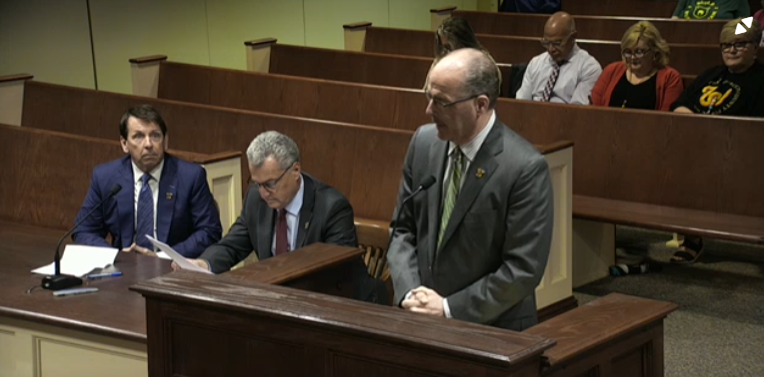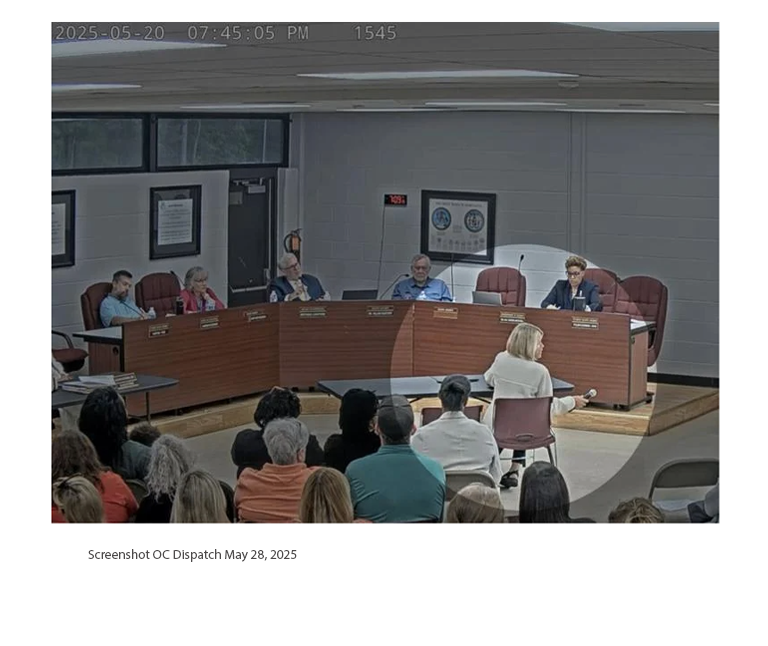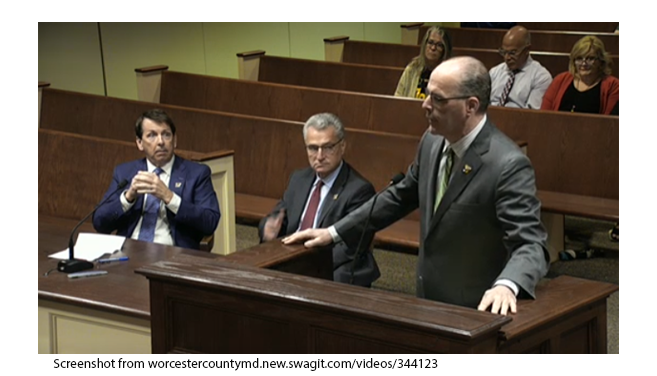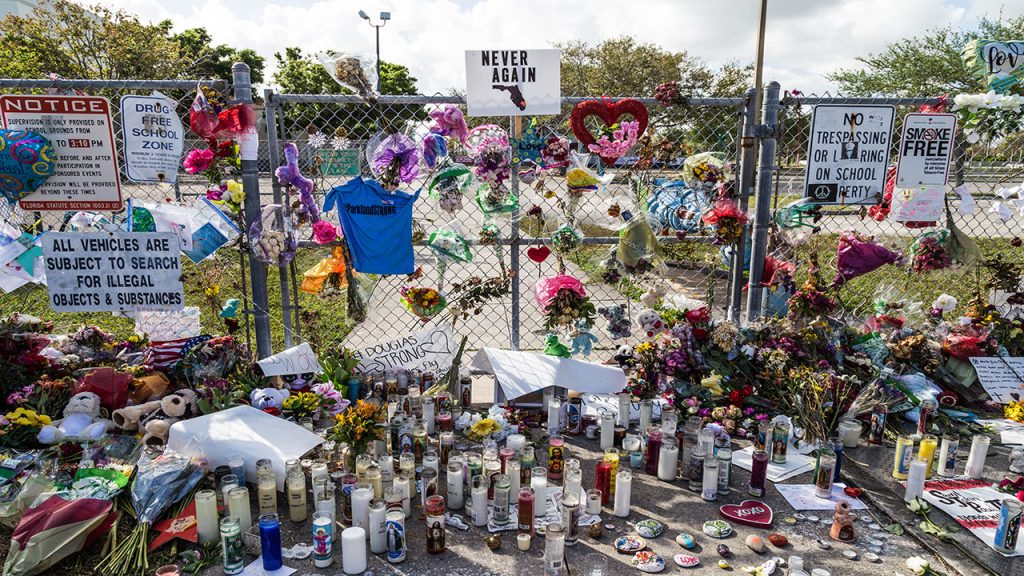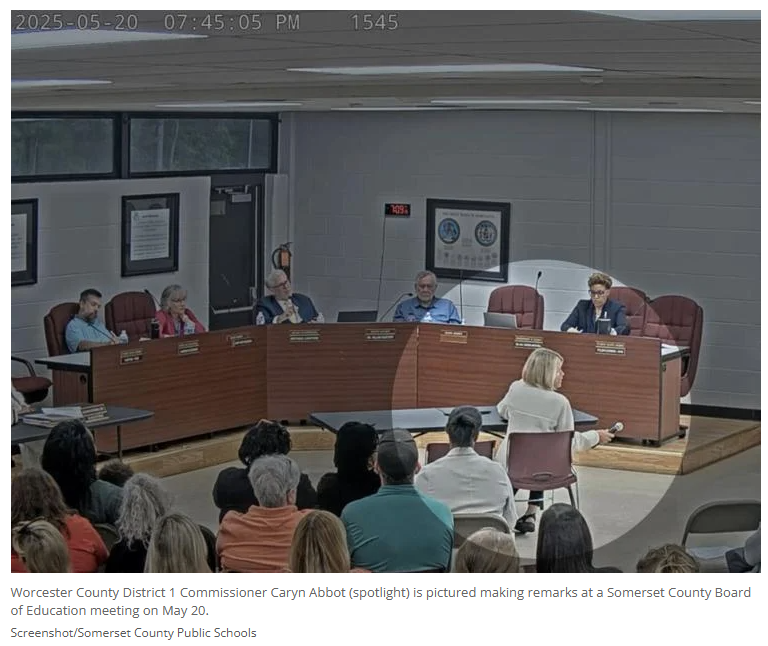
Behind the Podcast That’s Trying to Entice More People of Color Into Teaching
The New York City public schools has nearly doubled its percentage of male educators of color over the past eight years, a significant feat under any circumstances, let alone during a period of major teacher shortages.
The district is continuing to push for an even greater number of men of color to join its teaching ranks, as well as seeking to entice high-flying people from all backgrounds into the classroom. They’re using some tried-and-true strategies, such as outreach at universities, as well as outside-the-box ideas, including a summer fellowship program, created by Chimere Stephens, a 2023 Education Week Leader to Learn From.
One of the most recent efforts is a podcast titled “Education in Color” hosted by Saad Kabir, who taught in New York City public schools and is now a senior recruitment and communications manager with NYC Men Teach.
The podcast is now in its second 10-episode season. Since its debut in May, it has attracted a following of 250 to 500 regular listeners, plus many more who watch or listen to pieces of episodes through platforms like Instagram Reels. Traffic to the NYC Men Teach website has more than doubled since its premier, Kabir said.
The first episode featured an interview with Stephens. Kabir has also sat down with New York City educators, and presidents of the higher education institutions where NYC Men Teach recruits, including Larry Johnson, the president of Guttman Community College, and Vincent Boudreau, the president of the City College of New York. Other episodes spotlighted local elected leaders, such as Bronx Borough president Vanessa Gibson.
Closing out the first season: An interview with Luis Torres, a principal who had a street named after him and got his name included on the Bronx Walk of Fame.
Education Week spoke with Kabir on Zoom about the podcast’s mission and impact.
This interview has been edited for brevity and clarity.
How are you using the podcast to entice people, particularly men of color, to work in New York City public schools? What do educators say when they come on?
I want to be as authentic as possible and have my guests also be as authentic as possible. In the world of teacher recruitment, people can really sense when you’re being fake.
We’ve touched on the challenges of the profession, but also the benefits. You can’t put a price tag on how kids make you feel, or the experience ten, twenty years from now when they come back to you and say “you really changed my life by taking me aside and working a little bit extra with me.”
Your office and the podcast focus primarily on recruiting and retention. What else do you see as this podcast’s mission?
In [college] I had a very linear vision of what a career in education was: teacher, assistant principal, principal, superintendent, and so on and so forth. Later, I realized you don’t have to follow that linear route. However, not many people are privy to that fact.
So, one of the things that I wanted to accomplish with the podcast is really to paint this three-dimensional picture of education, to show people that you don’t necessarily have to be [in the classroom] to make a difference. And so the guests that I was bringing on weren’t just expressly teachers. They are people who may have been teachers and then [became] central office staff or people who are involved in policy or recruitment, painting that picture that we’re going to have a spot for you in education, based on what your skill set is.
That sounds like it is at odds with the idea of using a podcast to recruit teachers. Are you worried you’ll encourage people to leave the classroom by pointing to other outlets for their skills?
The thing I’m trying to prevent is more attrition. So, the best way to stop people from leaving the profession is to offer them an alternative. If they are tired of teaching, they’re gonna leave regardless. So why not give them something that is within that same field, where they can actually take that real world experience to enact effective policy change in education?
Do you always choose people of color as your guests, given the mission of your office?
It hasn’t only just been people of color. But there is a focus on the color aspect.
I’m South Asian, and in our culture, you’re a doctor, lawyer, engineer, or you’re kind of the black sheep. I want to tackle this as well and show people who are in these cultures that it’s OK to go against the grain and actually be a teacher. I focus on people from South Asian backgrounds who have a math background or science background. Sometimes, they might have been pigeonholed into STEM. This gives them a view of: OK, I don’t have to be an engineer or a doctor or a lawyer. I can take whatever I learned and then maybe be a CTE teacher or maybe the teacher that teaches mad science, etc.
A podcast seems like it would be doable for a well-resourced, large district like New York. Any advice for someone from a smaller district who wants to give it a shot?
Figure out who within the community can assist you with this project if you want to embark on it. You should really look toward the community-based organization that is already podcasting. They can reduce your costs drastically, they can actually edit your episodes.
Alternatively, I pay for a Buzzsprout membership, it’s only $12 a month. That can put your podcast on streaming platforms. All you really need is just two people, mics, and that subscription. Just make sure that when you are starting that you actually like being in front of a camera or microphone.
Dig Deeper With Our Longreads
Newsletter Sign up to get our best longform features, investigations, and thought-provoking essays, in your inbox every Sunday.
The MEN was founded by John Huber in the fall of 2020. It was founded to provide a platform for expert opinion and commentary on current issues that directly or indirectly affect education. All opinions are valued and accepted providing they are expressed in a professional manner. The Maryland Education Network consists of Blogs, Videos, and other interaction among the K-12 community.

